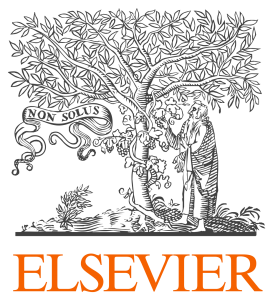 Three years after receiving a complaint about extensive plagiarism and major errors in an anti-global warming paper, Elsevier says it’s still reviewing the allegations.
Three years after receiving a complaint about extensive plagiarism and major errors in an anti-global warming paper, Elsevier says it’s still reviewing the allegations.
In 2014, readers complained to the Elsevier journal Renewable and Sustainable Energy Reviews about plagiarism and technical flaws in a 2013 paper questioning mainstream climate change science.
When we first began reporting the story last year, a spokesperson for Elsevier told us:


 The week at Retraction Watch featured the
The week at Retraction Watch featured the 



